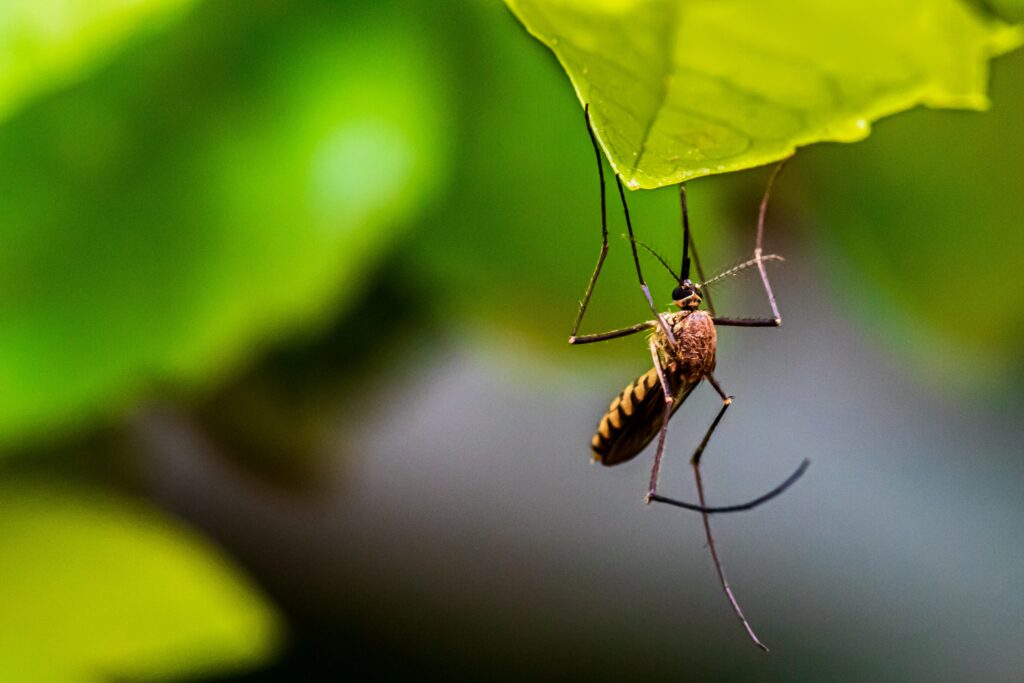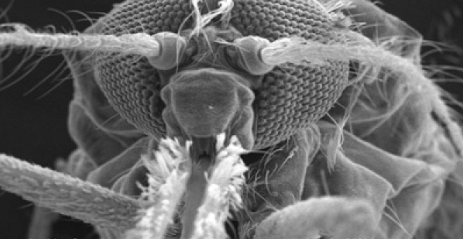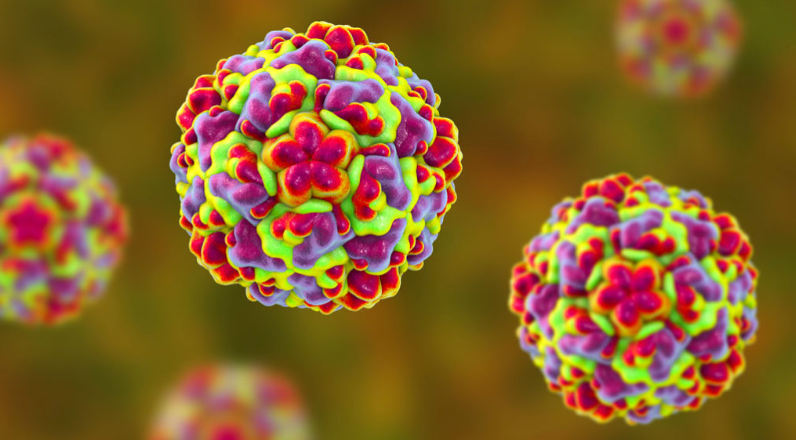Do you know why mosquitoes are especially good at sniffing us out?

Some mosquitoes have an almost unerring thirst for human blood, but previous attempts to prevent the insects from tracking people by blocking some of the mosquitoes’ ability to smell have failed. A new study hints that it’s because bloodsuckers have built-in solutions to ensure they can always smell us.
For most animals, individual nerve cells in the olfactory system can detect only one type of odor, but nerve cells in Aedes aegypti mosquitoes can detect many odors, the researchers report. That means if a cell were to lose the ability to detect a human scent, it can still detect other scents. The study provides the most detailed map yet of a mosquito’s sense of smell and suggests that hiding human scents from insects could be more complicated than researchers thought.


Effective repellents are a key tool in preventing mosquitoes from transmitting disease-causing viruses like dengue and Zika. Mosquitoes that feed on people focus on a variety of cues when hunting, including body heat and body odor; insects smell using their antennae and small appendages near the mouth. Using three types of sensors on olfactory nerve cells, they can detect chemicals such as carbon dioxide from exhaled breath or components of body odor.
In previous work, the researchers thought that blocking some sensors could mask human odors from mosquitoes by disrupting odor messages sent to the brain, but even those sensor-deprived mosquitoes can still smell and bite people, according to neurobiologists. So the scientists added fluorescent tags to A. aegypti nerve cells, or neurons, to learn new details about how the mosquito brain deciphers human odors. Surprisingly, instead of finding the typical single type of sensor per nerve cell, the team discovered that individual mosquito neurons are more like sensory centers.



Genetic analyzes confirmed that some of the olfactory nerve cells had more than one type of sensor. Some cells produced electrical signals in response to several mosquito-attracting chemicals found in humans, such as octenol and triethylamine, a sign that neurons can detect more than one type of odor molecule.





Responses